



The Role of Remote Glucose Management Using Real-time Continuous Glucose Monitoring Systems in ICU-hospitalized Patients with COVID-19
Coronavirus disease 2019 (COVID-19) is a life-threatening infection caused by severe acute respiratory syndrome coronavirus 2 (SARS-CoV-2).1 Diabetes mellitus is one of the most frequent comorbidities, related to hospitalization due to SARS-CoV-2 infection, as well as a risk factor for disease severity, poor disease outcome, increased morbidity and mortality rate.2–6 SARS-CoV-2 enters human cells by binding […]
Q&A with Dr Subhankar Chatterjee: touchENDOCRINOLOGY Future Leader 2025
Dr Subhankar Chatterjee discusses his pioneering work in diabetic striatopathy, the influence of mentorship, and how clinical curiosity and interdisciplinary collaboration drive meaningful neuroendocrine research in resource-limited settings.
Why are so many physicians burning out, and how can we break the cycle?
Physician burnout is at a critical point. In this episode, Nicky speaks with Dr Alfred Atanda about why so many physicians are burning out and what can be done to change the trend. From personal experience to system-wide solutions, Dr Atanda shares valuable insights on improving physician well-being and building a more effective healthcare culture.
Bridging Medical Specialities in the Management of Polycystic Ovary Syndrome: Integrating Lessons from Sodium–glucose Cotransporter-2 Inhibitors into a Holistic Approach
Polycystic ovary syndrome (PCOS) is a complex, multisystemic condition characterized by reproductive, metabolic and dermatologic manifestations, including hyperandrogenism and ovulatory dysfunction. Despite its prevalence and significant impact on quality of life, PCOS remains underdiagnosed and poorly managed due to its heterogeneous presentation and the lack of a unified approach to care. PCOS affects approximately 6–20% […]
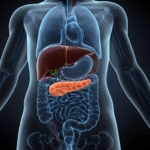



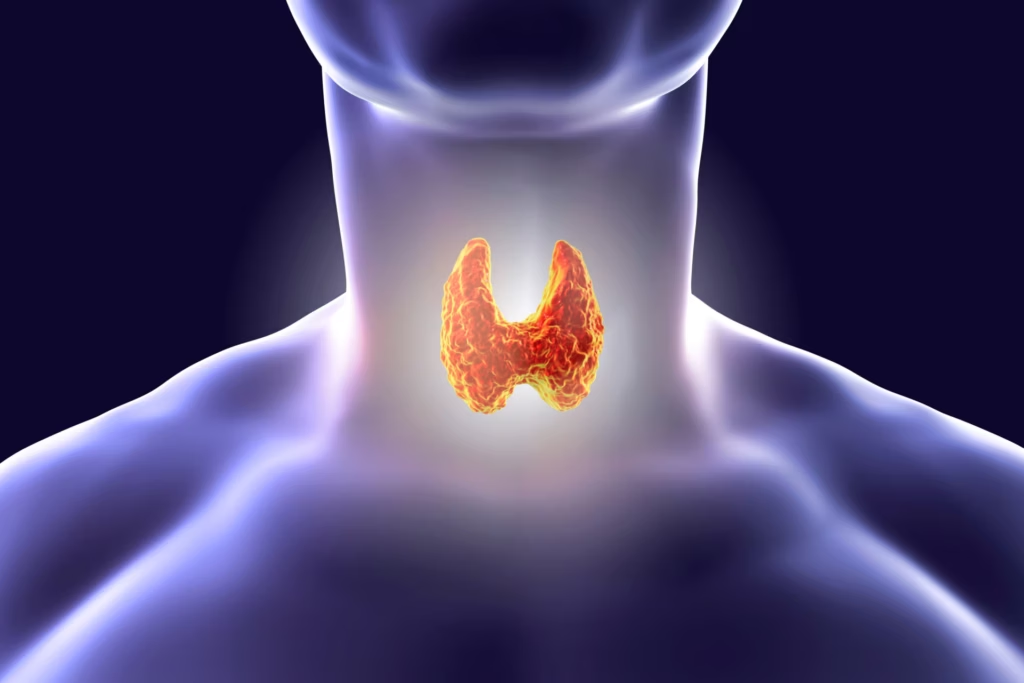
Thyroid eye disease (TED), also known as Graves’ orbitopathy, is a complex autoimmune disorder driven by an interplay of immune cells, orbital fibroblasts and tissue remodelling factors that lead to inflammation, oedema and, ultimately, potential vision loss.1 While the disease ...

Physician burnout is at a critical point. In this episode, Nicky speaks with Dr Alfred Atanda about why so many physicians are burning out and what can be done to change the trend. From personal experience to system-wide solutions, Dr Atanda shares valuable insights on improving physician well-being and building a more effective healthcare culture.

We are pleased to present the latest issue of touchREVIEWS in Endocrinology, which offers a timely and thoughtprovoking collection of articles that reflect both the continuity and evolution of diabetes and metabolic disease research. In an era where technology, public ...

In this episode, we explore the future of continuing medical education (CME) with the team behind touchIME. Hannah Fisher and Matthew Goodwin share insights into global and US trends, the importance of patient inclusivity and how educational outcomes are evolving to better measure the direct impact of learning on clinical practice and patient care.
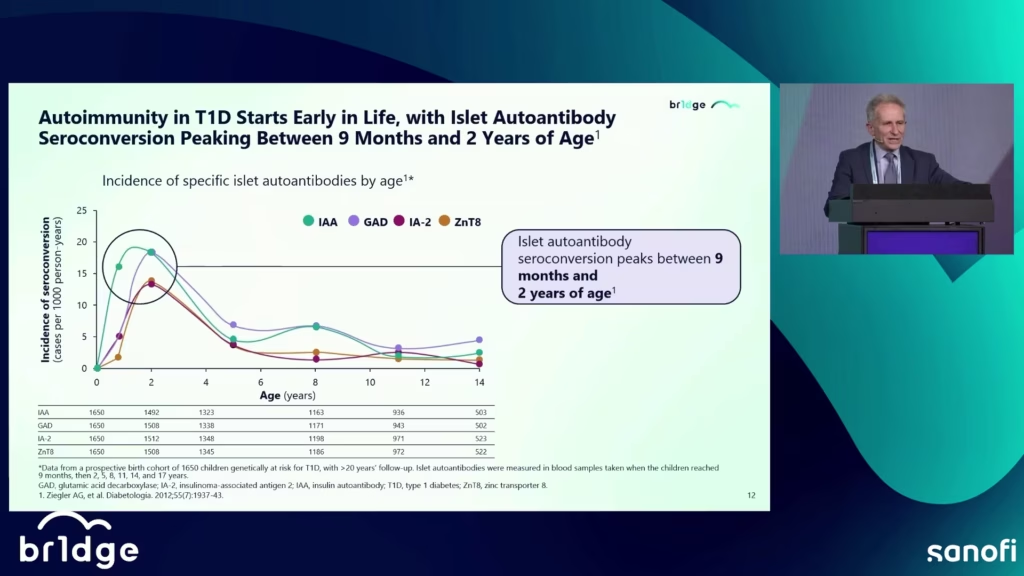
Presymptomatic autoimmune type 1 diabetes: Strategies for early screening, monitoring and management
Watch expert speakers discuss recent advances in early autoimmune T1D, with insights into screening and evolving monitoring and management strategies.

Watch multidisciplinary speakers discuss optimising AID outcomes and individualising AID education to support children with type 1 diabetes.

Want to be featured in touchReviews in Endocrinology?
Share your knowledge, influence clinical practices and enhance patient care in Endocrinology today!
- Peer-reviewed, free-to-access
- Indexed on PubMed
- Accepting reviews, research and editorials
- No article processing fees
- Digital features and plain language summaries
- Multichannel content distribution for maximum visibility

Coronavirus disease 2019 (COVID-19) is a life-threatening infection caused by severe acute respiratory syndrome coronavirus 2 (SARS-CoV-2).1 Diabetes mellitus is one of the most frequent comorbidities, related to hospitalization due to SARS-CoV-2 infection, as well as a risk factor for disease severity, ...
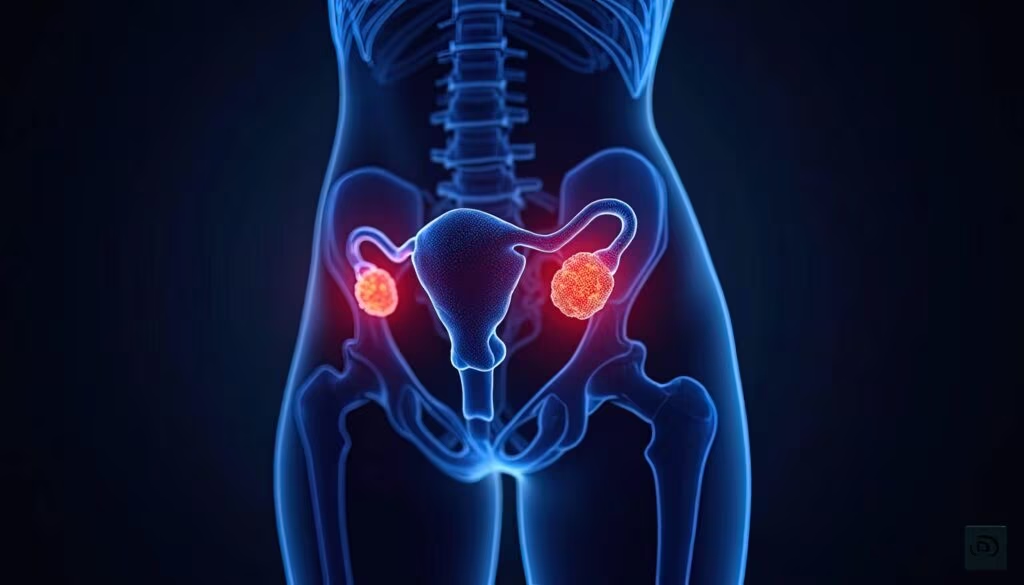
Polycystic ovary syndrome (PCOS) is a complex, multisystemic condition characterized by reproductive, metabolic and dermatologic manifestations, including hyperandrogenism and ovulatory dysfunction. Despite its prevalence and significant impact on quality of life, PCOS remains underdiagnosed and poorly managed due to its ...

Hyponatraemia is primarily a disorder of water balance or distribution, characterized by serum sodium (Nas) levels less than 135 mmol/L.1 Hyponatraemia is the most common electrolyte disorder among elderly patients and is associated with increased mortality rates and longer hospital ...
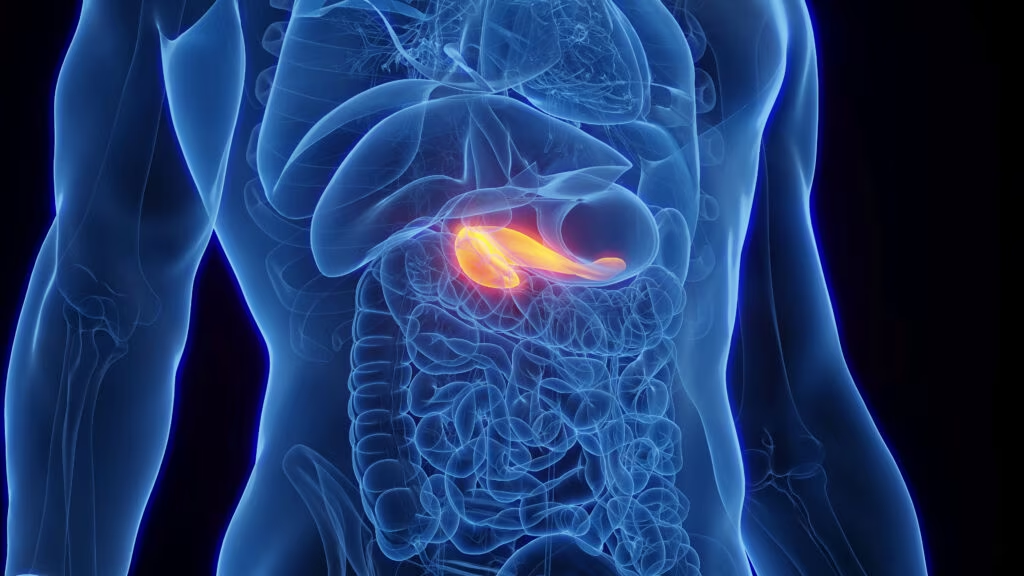
Diabetes is a chronic disease associated with both acute and chronic complications. Many advances have been introduced throughout history to address these problems. While each clinical breakthrough was welcomed with relief and the expectation that a solution had been discovered, ...
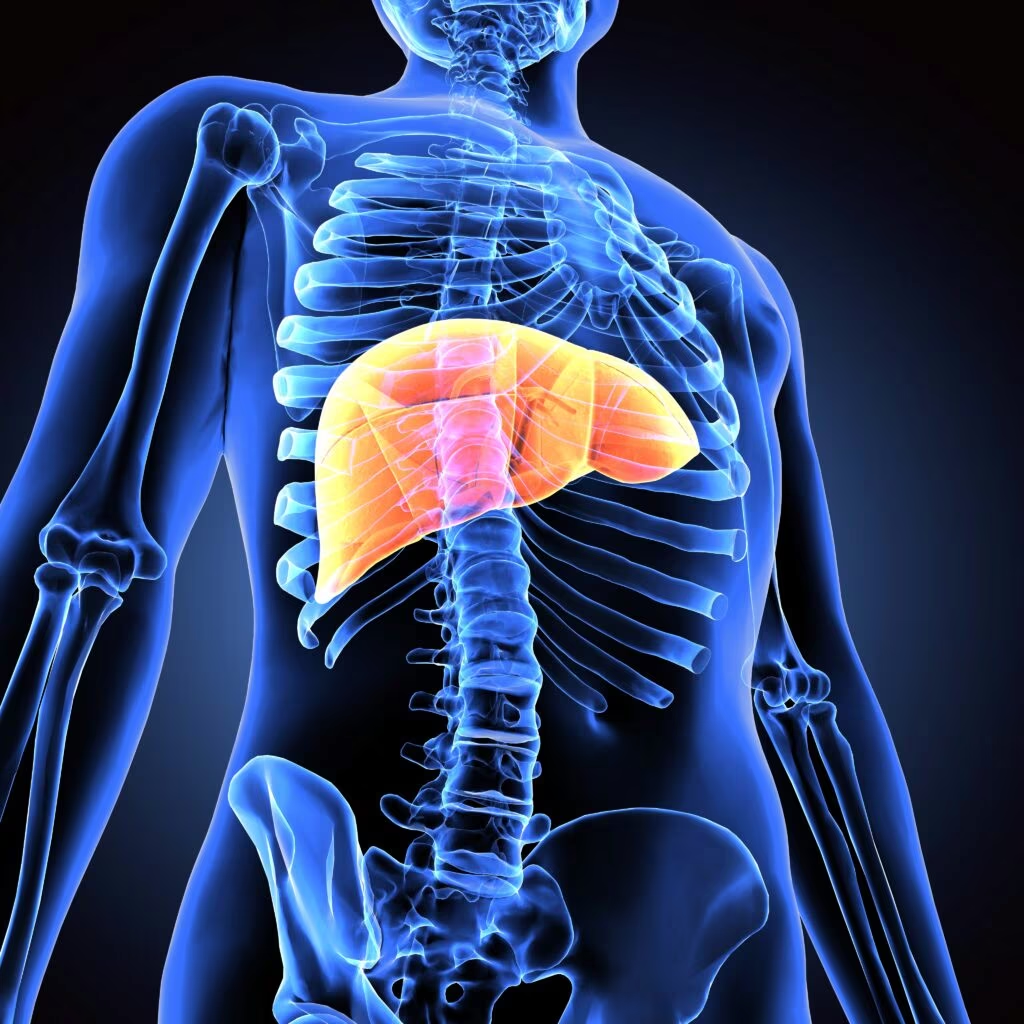
Article Highlights This study aims to find an effective and affordable biomarker panel for early non-alcoholic fatty liver disease (NAFLD) detection in Indian women with morbid obesity, given the rising prevalence of NAFLD and limited accessibility of ultrasound sonography (USG) ...

Article highlights There is growing clinical importance attributed to the development of metabolic dysfunction-associated steatotic liver disease in people with type 2 diabetes (T2D). Numerous international groups now advocate screening for advanced fibrosis in people with risk factors, such as ...

Article Highlights Early use of sodium–glucose co-transporter-2 inhibitors following myocardial infarction was associated with the following factors: Lower hospitalization for heart failure (odds ratio [OR]: 0.75; 95% confidence interval [CI]: 0.62–0.90; p=0.002). Similar cardiovascular deaths (OR: 1.04; 95% CI: 0.83–1.30; p=0.76). Similar all-cause mortality (OR: 1.00; 95% ...

Polycystic ovary syndrome (PCOS) is the most common endocrinopathy affecting women of reproductive age and is characterized by hyperandrogenism, anovulation and insulin resistance (IR).1 Women with PCOS have a high risk of developing type 2 diabetes (T2D), dyslipidaemia, hypertension and ...

Very few trials in the history of medical science have altered the treatment landscape as profoundly as the UK Prospective Diabetes Study (UKPDS). Even 44 years after its inception, the trial and post-study follow-up findings continue to fascinate and enlighten the ...

It is with great pleasure that we present this latest issue of touchREVIEWS in Endocrinology, which brings together a diverse array of high-quality articles focused on the evolving landscape of endocrine disorders. The importance of patient-centred care is exemplified in ...

This systematic review and meta-analysis investigate the efficacy of teprotumumab, a novel monoclonal antibody, in reducing proptosis for patients with long-duration thyroid eye disease (TED). While teprotumumab has shown promise in treating active TED, its effectiveness in chronic cases remained ...

Dry eye disease (DED) is known as dry eye syndrome (DES) or keratoconjunctivitis sicca. According to the Tear Film and Ocular Surface Society’s Dry Eye Workshop II (TFOS DEWS II), it constitutes a multifactorial disease of the ocular surface, ...

Watch four leading experts discuss how AI is transforming the clinical management of paediatric endocrine disorders including growth hormone disorders.

Watch a leading expert discuss the need for personalised obesity treatment including current evidence for cardiovascular outcomes.
Editorial Board
Introducing the Editorial Board of touchREVIEWS in Endocrinology, who support our mission to advance medical knowledge and practice by ensuring the integrity, relevance, and impact of the content we publish. Together, we strive to foster a vibrant academic community and contribute to the continuous improvement of healthcare worldwide.

John Doupis
Editor-in-Chief
Diabetes

John Doupis
Editor-in-Chief
Director, Diabetes Division and Clinical Research Center of Iatriko P. Falirou Medical Center, Athens, Greece
Biography
Dr John Doupis is a former clinical research fellow of the Joslin Diabetes Center, Harvard Medical School, in Boston, MA, USA and scientific partner in Beth Israel Deaconess Foot Center Harvard Medical School, Boston, MA. Currently, he is directing the Diabetes Division and Clinical Research Center of Iatriko P. Falirou Medical Center in Athens, Greece. He has served as a principal investigator in many multicentre phase I, II, III and IV clinical trials, most of which have been published in international journals or presented at congresses. He is a registered reviewer and a member of the editorial board for many major diabetes medical journals. He has given numerous lectures in national and international congresses, presenting over 200 abstracts. His special areas of interest are diabetes and its complications, especially obesity, diabetic neuropathy, diabetic foot, as well as the glucose sensing technologies and insulin pumps. In these fields, he has published more than 50 papers in international medical journals, having more than 1,500 citations.

Chantal Mathieu
Editorial Board member

Chantal Mathieu
Editorial Board member
Diabetes

Chantal Mathieu
Editorial Board member
Professor of Medicine at the Katholieke Universiteit and Chair of Endocrinology at the University Hospital Gasthuisberg Leuven, Belgium
Biography
Prof. Chantal Mathieu is a physician-scientist who has contributed to the field of diabetes and endocrinology through basic and clinical research. Her basic research work focuses on pathogenesis and prevention of type 1 diabetes. Prof. Mathieu’s clinical work involving new products and treatment paradigms in diabetes, such as new insulins, adjunct therapies and diagnosis of gestational diabetes have made her a speaker in international fora. Prof. Mathieu coordinates the European clinical trial network for interventions in type 1 diabetes ‘INNODIA’ and the European project ‘EDENT1FI’ on screening for type 1 diabetes. Prof. Mathieu is president of EASD and vice-president of the European Diabetes Forum.

John Doupis
Editor-in-Chief

Diana Isaacs
Editorial Board member

Diana Isaacs
Editorial Board member
Diabetes

Diana Isaacs
Editorial Board member
Continuous Glucose Monitoring (CGM) Program Coordinator and Endocrinology Clinical Pharmacy Specialist, Cleveland Clinic Diabetes Center, Cleveland, OH , USA
Biography
Diana Isaacs, PharmD, BCPS, BC-ADM, BCACP, CDCES is the Continuous Glucose Monitoring (CGM) Program Coordinator and Endocrinology Clinical Pharmacy Specialist at the Cleveland Clinic Diabetes Center. She provides medication management and runs a robust CGM shared medical appointment program. Dr Isaacs is a Certified Diabetes Care and Education Specialist and holds board certifications in pharmacotherapy, ambulatory care and advanced diabetes management. She has numerous diabetes publications and research projects with a focus on medications, CGM and diabetes technology.

Chantal Mathieu
Editorial Board member

Linda Siminerio
Editorial Board member

Linda Siminerio
Editorial Board member
Diabetes

Linda Siminerio
Editorial Board member
Emeritus Professor of Medicine and Professor of Nursing, Health and Community Systems at the University of Pittsburgh, PA, USA
Biography
Linda Siminerio, RN, PhD is Emeritus Professor of Medicine and Professor of Nursing, Health and Community Systems at the University of Pittsburgh. She has led a career in diabetes research and education. An internationally recognized expert on self-management education and health care delivery models in both pediatric and adult populations, she serves as the Principal Investigator on many studies related to diabetes treatment.
Dr Siminerio has authored numerous publications and served as editor on several diabetes journals. She was President of Health Care and Education, American Diabetes Association and Senior Vice President, International Diabetes Federation (IDF) and Past-Chair of the National Diabetes Education Program (NDEP). In these positions, she has organized and led national and international efforts on the development of programs, standards and care models directed toward health professionals, patients and the community.
Dr Siminerio served as organizing chair for the International Diabetes Federation (IDF) World Diabetes Congress and IDF translation research program, Building Research in Diabetes Global Environments and Systems (BRIDGES).

Diana Isaacs
Editorial Board member

Ashley Grossman
Editorial Board member

 touchENDOCRINOLOGY
touchENDOCRINOLOGY
Register Now!
Explore the latest in medical education and stay current in your field. Create a free account to track your learning.
- Save your progress for video
- Keep track of your CME credits
- Add personalised learning notes
- Receive updates from course leaders and faculty
- Be the first to hear about new and exciting interactive learning opportunities
Latest articles videos and clinical updates - straight to your inbox
Log into your Touch Account
Earn and track your CME credits on the go, save articles for later, and follow the latest congress coverage.
Register now for FREE Access
Register for free to hear about the latest expert-led education, peer-reviewed articles, conference highlights, and innovative CME activities.
Sign up with an Email
Or use a Social Account.
This Functionality is for
Members Only
Explore the latest in medical education and stay current in your field. Create a free account to track your learning.





